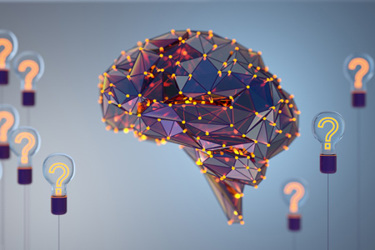Powering Artificial Intelligence With Low-Loss Capacitors

The rapid growth of artificial intelligence (AI) large language models (LLMs) like ChatGPT has raised concerns about their increasing power consumption. In just five years, the size of these models has grown a thousandfold, driving significant energy use during model training, response generation, and data storage. According to EPRI’s 2024 report, powering a ChatGPT request uses about ten times the energy of a traditional Google query, contributing to higher global electricity demand.
As LLMs continue to expand, they place greater demands on data center infrastructure. Power electronics in these centers must evolve to support this growing need. One efficient solution is the use of low-loss, high-density power converters, particularly resonant converters. An LLC resonant converter is designed to reduce switching losses, increasing overall efficiency. It uses a resonant tank and high-frequency transformer to convert power efficiently, with the system adjusting to optimize efficiency through zero-voltage switching (ZVS) or zero-current switching (ZCS).
For maximum efficiency in data centers, capacitors used in resonant circuits must have low equivalent series resistance (ESR), high voltage ripple handling, and high capacitance stability. Wide-bandgap semiconductors are increasingly used, leading to a shift from film to ceramic capacitors in some applications, including data centers.
Knowles Precision Devices supports this infrastructure shift with high-performance components designed to improve efficiency and reliability, assisting in the development of the AI infrastructure needed to support continued growth.
Get unlimited access to:
Enter your credentials below to log in. Not yet a member of RF Globalnet? Subscribe today.
